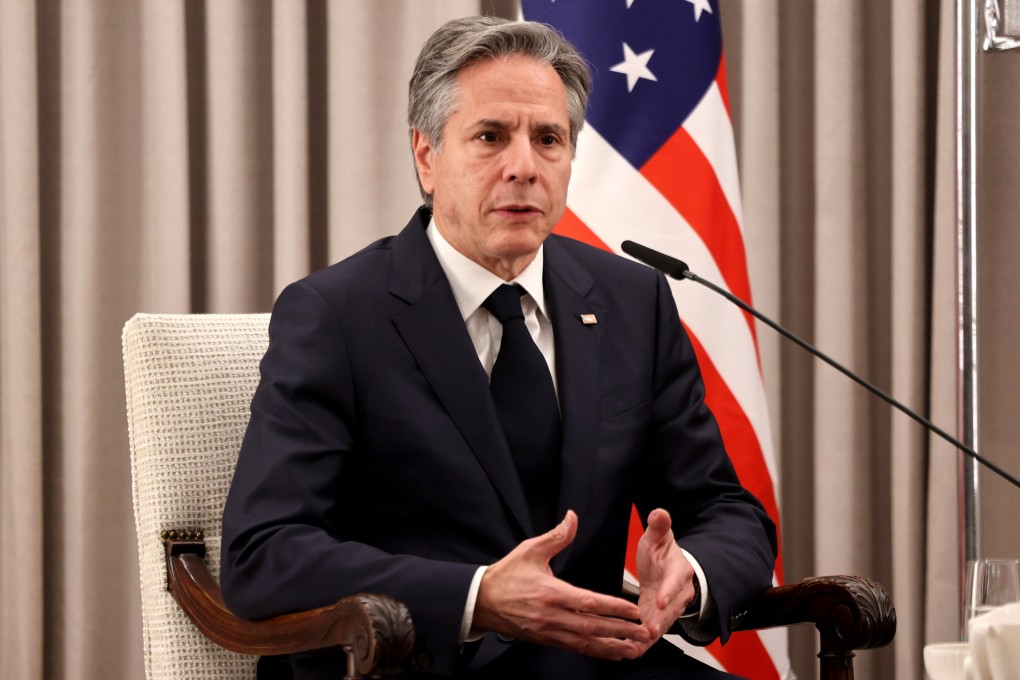Blinken visit unlikely to fix US-China differences, but Russia a possible area of progress: analysts
- Tariffs, human rights and climate change among contentious items America’s top diplomat expected to discuss in Beijing
- Bilateral differences over Taiwan present sharpest areas of disagreement amid talk of possible cross-strait conflict

Jude Blanchette, Freeman Chair in China Studies at the Washington-based think tank Centre for Strategic and International Studies, stressed there should not be “many expectations” of any “significant breakthroughs” from the trip. But he added this was not a “bad thing” given how far the relationship had deteriorated over the last five years.
Blinken’s visit was mainly about “re-establishing the undergirding of the relationship and putting in place some procedures and mechanisms to be able to manage through the tensions”, Blanchette said.
“In a larger context of growing distrust over the overall motives of the other side in which China sees the US as supposedly trying to weaken and contain China [and] the US sees China supposedly trying to achieve dominance in Asia … both sides have increasingly relied on deterrence – particularly military deterrence – over forms of reassurance,” Swaine said.